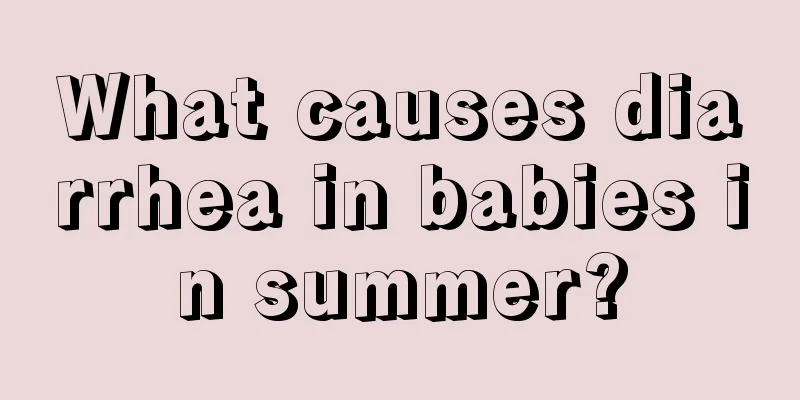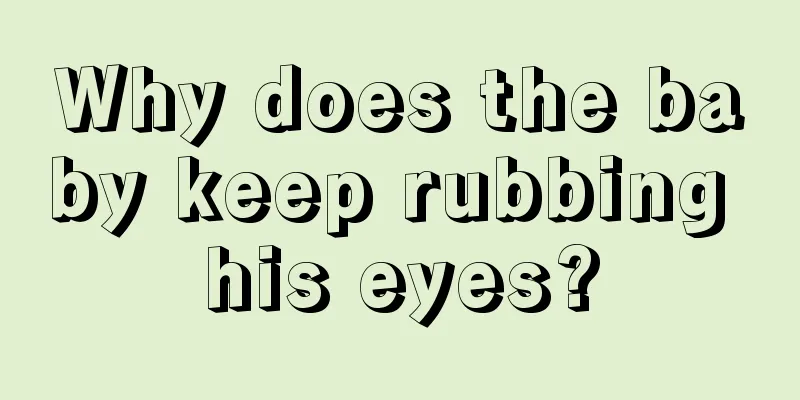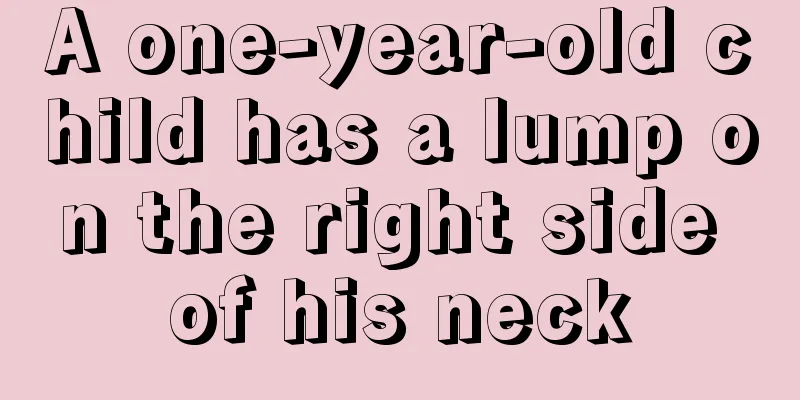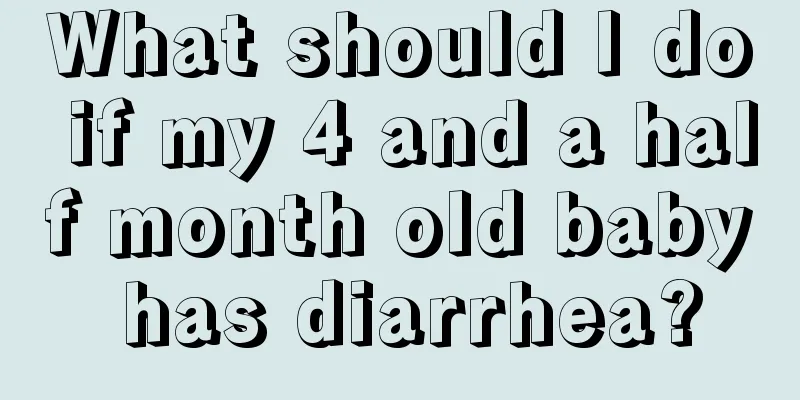At what age should a baby’s crossed eyes be corrected?

|
Speaking of cross-eyes, it is actually what people commonly call crossed eyes. This eye disease makes people look very strange. In a word, both eyeballs are tilted towards the side of the nose bridge. If you find that your child has such a condition, parents must take the child to the hospital for examination in time to see if it can be corrected. So, what is the best formal method to correct children's cross-eyes? In fact, most of the time when babies cross their eyes it is physiological. Compared with adults, the nose bridge of a newborn baby looks much flatter. This is because the nasal bone has not yet fully developed, which makes the skin between the eyes look much wider, covering most or all of the inner white part of the inner side of the eyeballs. So the baby looks "cross-eyed", also known as pseudoesotropia, which is a type of false cross-eyes. If there is no improvement after 6 months, see a doctor immediately. However, this does not mean that if the baby still has cross-eyes after 6 months, it is definitely true cross-eyes. Further examination by an ophthalmologist is needed for diagnosis. How to correct baby's crossed eyes Although most babies' cross-eyes are physiological, there are a few babies who really cross-eyes, and this is also closely related to the child's care. For example, if a child is allowed to stare at one place for a long time, it may cause cross-eyes. Therefore, we need to take some measures to avoid and improve the baby's eye contact. 1. Hang toys at multiple angles. Do not hang toys at a fixed point on the crib. Change the position frequently. The brightly colored decorations in the baby's room should also be changed frequently to prevent the child from always staring at one place. 2. Change the sleeping position frequently. Let the baby always sleep on one side. The mother should often help the baby change position, sometimes to the left and sometimes to the right. This can change the direction of light projection frequently, and can make the baby's eyes turn to more than one side, thus avoiding strabismus. In many cases, the baby's cross-eyes are related to the parents. Therefore, in order to prevent the baby from having cross-eyes, the mother must be more attentive when taking care of the baby. It is also helpful to correct cross-eyes by holding your baby and taking him for a walk outdoors appropriately. At the same time, parents should not always keep their babies in a fixed place. Giving their babies more fresh feelings is also good for their vision. |
<<: What should I do if my child has corns on his hands?
>>: Why does my child have pain on the right side of his stomach?
Recommend
What's going on with the small red pimples on the three-year-old baby's face?
Being a parent is a blessing. When you become a p...
What is the reason for the baby's breathing and nodding?
Presumably, many parents in families now will rai...
What to do if a 1-year-old baby falls on the back of his head
Every baby is the hope of his parents and the fut...
How to prevent asthma in children?
Parents will be particularly worried when their c...
What should I do if my baby has diarrhea after eating something bad? Use medicine appropriately
There will always be some minor illnesses and pai...
What do children eat to grow taller?
I believe that every parent hopes that their chil...
What should I do if my baby has red spots on the tip of his tongue?
Most of the red spots on the tip of the tongue ar...
Why does a two-month-old baby suddenly cry when sleeping?
We adults cannot fully understand every behavior ...
Can children drink fish soup when they have a cough?
Fish soup is rich in nutritional value. In fact, ...
Knowledge about bronchiolitis
Bronchiolitis is a common disease among children,...
What causes acne on baby's face?
Not only people entering puberty will get acne, b...
What should I do if my child has smegma?
Children's reproductive health is very import...
What should I do if my baby has repeated fever and diarrhea?
For infants and young children, any kind of physi...
How long can a four-month-old baby lie on his stomach?
When the baby is four months old, the height and ...
How to perform massage for children’s cough? Introducing professional methods to you
When a child has a cough, massage treatment can b...









